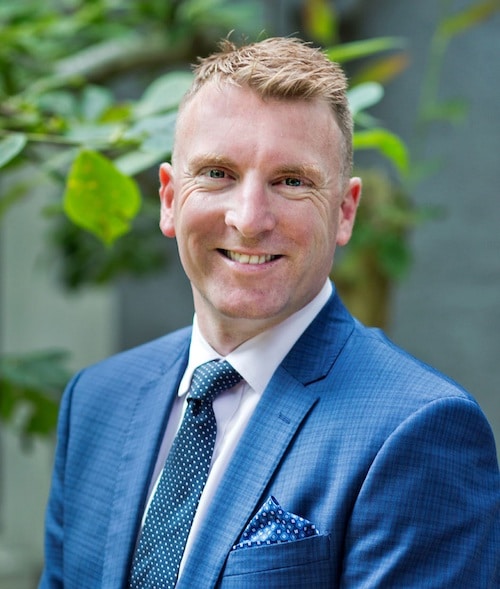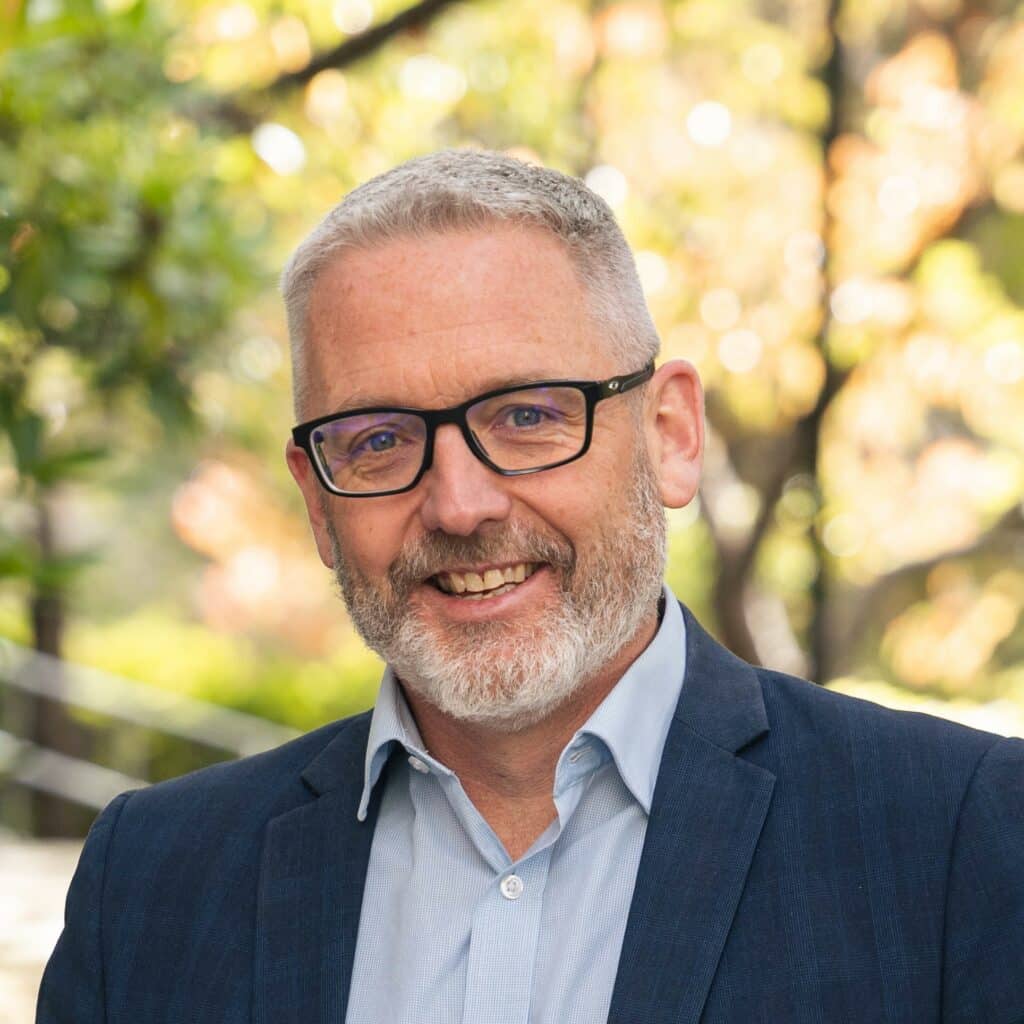Dean Macaulay, South Island Regional Committee Member and Director Property Services, University of Otago, and Ray O’Brien, Head of Sustainability University of Otago share details on their commitment to reaching Net Carbon Zero by 2030.
Climate change is one of the biggest existential challenges humanity has faced. Under the Paris Agreement, we know that we need to keep global warming below 1.5 degrees and we all need to play our part in how this objective will be achieved.
The University of Otago has committed to reaching Net Carbon Zero by 2030 by reducing its Greenhouse Gas emissions by more than half and then offsetting the emissions we have not been able to eliminate.
This ambitious goal will not be achieved easily, and we have established a Net Carbon Zero Programme and Governance Board to change the way we operate and meet our targets in a way that befits a research-led university with an international reputation for excellence.
With the recently launched University of Otago Vision 2040, Sustainability is one of our guiding principles and we acknowledge the challenge this brings and the changes that are needed in how we operate.
As stated in Vision 2040, “we embrace sustainability in its broadest sense as demonstrated by our commitment to the United Nations Sustainable Development Goals, aiming to meet the needs of the present without compromising the ability of future generations to meet their needs”. We are actively embedding sustainable practices across all our sites and activities, into our teaching and research, and engaging with the wider community to support and foster sustainable practice.
Alongside greenhouse gas emission reporting, air travel, energy management, food purchase, waste, and carbon in-setting, the University of Otago has launched an End-of-Trip Living Lab. The trial facility is focused on improving the experience of getting to and from campus, creating more connectivity to campus, improving access to more sustainable and healthier modes of travel, and aligning travel to work with how we work. We want the end result to be a healthier, happier journey, with a smaller environmental footprint.
The Problem
Since moving out of the COVID-19 Protection Framework, the University has evolved its relationship between built environment and work. We have experienced an increase in flexible working options, hybrid teaching, and virtual engagement.
The standard 9 to 5 in the office has evolved, resulting in the allocated car parking model creating inefficiency and inequity amongst user groups.
The use of e-bikes has increased significantly, and we lacked the appropriate facilities to adequately store, charge, and connect e-bike use to other forms of connected travel.
We lacked connected public transport optionality, particularly around the “first and last mile”.
We were not actively promoting the shift to EV and Hybrid vehicles and lacked sufficient charging stations.
We know that 80% of our students live within 2km of campus, and 60% of our staff live within 5km of campus, but a high percentage still travel alone by car. Therefore, there is lots of opportunity to explore different modes of travel for short distances.
Finally, we lacked the data and understanding how these various forms of travel modes interconnected. We have seen car parks removed from cities without sufficient solutions to provide access to destinations equitably, effectively, and efficiently resulting in change freeze.
The Trial
The End-of-Trip Living Lab is a trial project where academics, students, industry partners, and professional staff have come together to trial processes, technologies, and infrastructure to reduce our reliance on single occupant internal combustion engine vehicles for single destination travel, such as driving from home to the University.
The term Living Lab, relates to how we use research to inform what we do on campus, how students then research the changes, and how that then feeds back into practice.
It acknowledges choice and flexibility is important to drive positive engagement, and that one size does not necessarily suit all.
Some of the initiatives include:
- Partnering with parking technology expert – Parkable – to increase utilisation, reduce our car parking portfolio, and build improved data on how car parks are used, and when
- Partnering with e-bike innovator – Locky Dock – to increase e-bike storage and charging capacity, and improved connectedness for the “first mile and last mile” when using public transport
- Improved connectedness with public transport routes
- Partnering with Neuron Mobility to improve connectedness for the last mile
- Coordinated travel surveys and travel plans, reviewing ride-sharing initiatives, increased public transport awareness, and incentivisation
- Creation of end-of-trip neighbourhoods with improved facilities
- Increased EV charging capability with options to incentivise a shift to EVs
Next Steps
The University is trialing these initiatives over the course of 2023 with plans to analyse performance and consider a wider rollout in 2024.
Dean Macaulay
Director Property Services, University of Otago
Dean Macaulay is a property leader with multi-national experience in strategic asset management. Shareholder and community focused, Dean has built teams and managed high value balance sheets across diverse and complex property portfolios in Australia, New Zealand, and the Middle East.
Dean is a member of the University of Otago executive leadership team as its Director of Property Services and is responsible for the built environment and infrastructure strategy. This involves governing a portfolio with a replacement value of $3.8B. The complex portfolio includes dental hospitals, research laboratories, teaching facilities, commercial offices, registry, recreation services, halls of residence and general campus.
Dean is member of the Property Council New Zealand South Island Executive Committee, member of the Universities NZ Property Committee, and on the Board of Trustees for Anglican Family Care. Dean holds a Bachelor of Business (Property) from RMIT University and relocated with his family to Dunedin from Melbourne, Australia in 2018.
Ray O’Brien
Head of Sustainability, University of Otago
Ray is never sure if he is a sustainability professional in education, or and education professional in sustainability. He leads the development and implementation of the University’s Sustainability Strategic Framework. An integral part of that strategy is to develop opportunities for learning and research that use the University as a living lab. This opens opportunities for students to become part of the transition to a more sustainable campus, but also for the learning and insights they develop to be disseminated to a wider audience.
Ray is a Director of Australasian Campuses Towards Sustainability (ACTS), a Trustee of Southern Youth Development Charitable Trust (SYD) an holds a Masters in Education.



